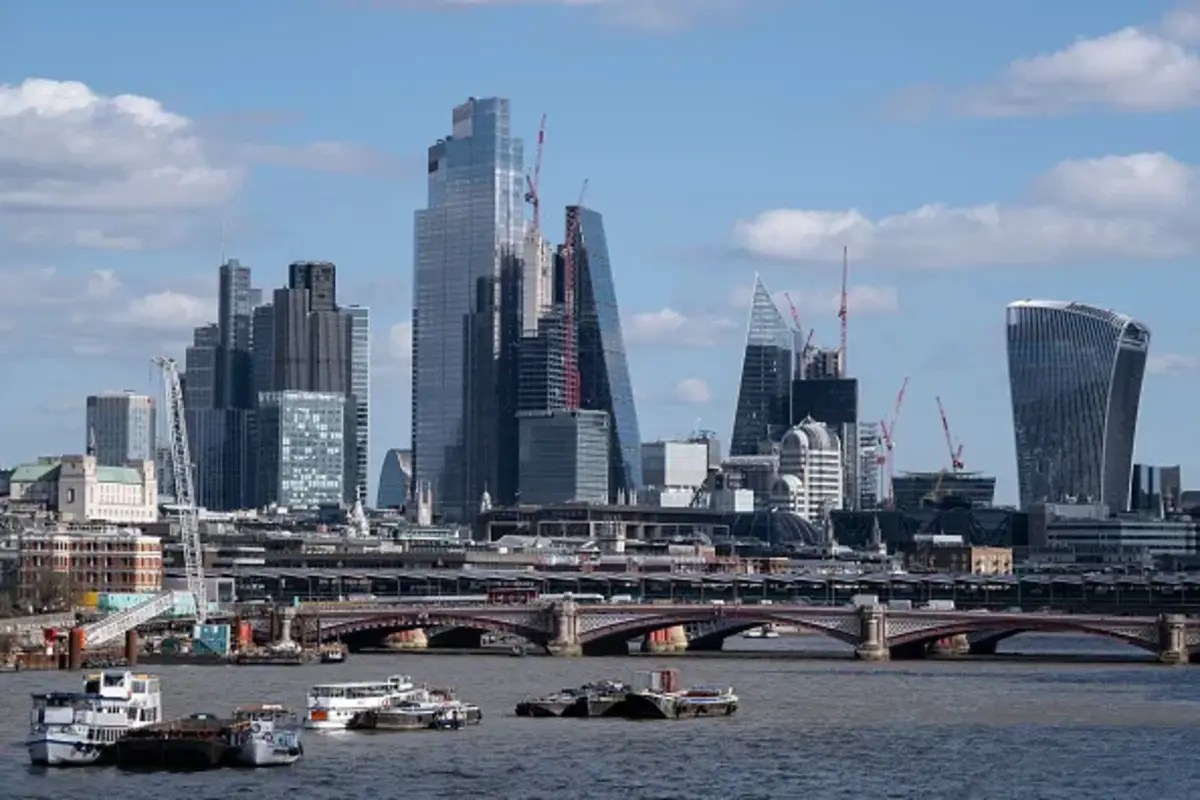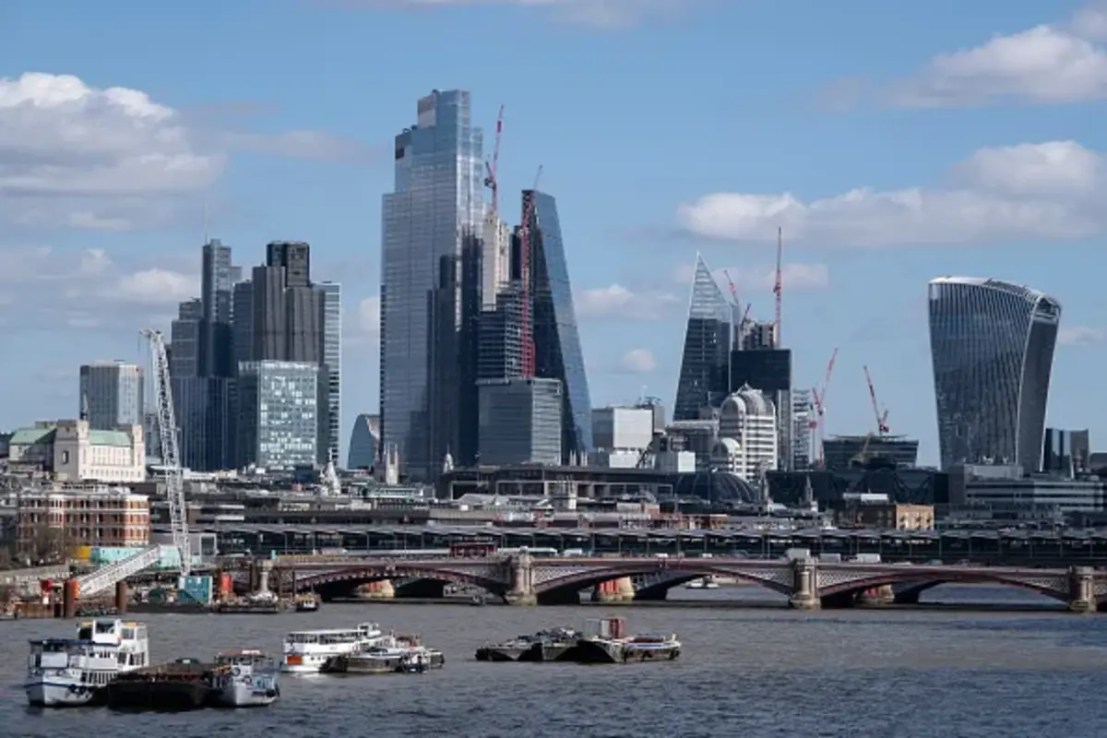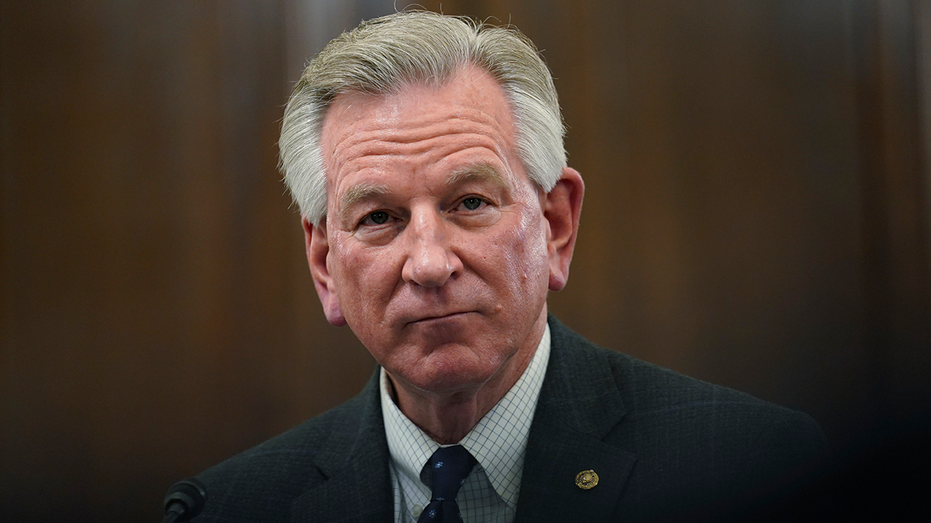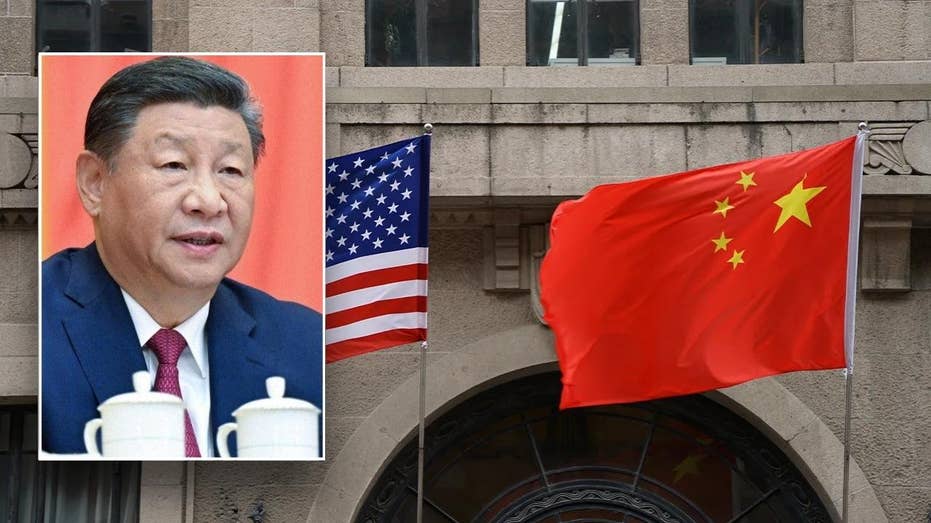Liontrust: Asset manager launches cost-saving spree as profit shrinks
Liontrust’s profit continued to sink over the last six months, as the asset manager reported a 28 per cent drop in adjusted profit before tax. Despite a drop in adjusted profit before tax to £25.8m, the group pledged a share buyback programme of up to £5m over the next six months in its half-year results. [...]


Liontrust’s profit continued to sink over the last six months, as the asset manager reported a 28 per cent drop in adjusted profit before tax.
Despite a drop in adjusted profit before tax to £25.8m, the group pledged a share buyback programme of up to £5m over the next six months in its half-year results.
This will be accompanied by a cost saving programme of around £4.5m every year, which is set to be implemented at the end of this financial year. Around 25 roles are expected to be cut as part of the plan.
Liontrust’s share price has been in terminal decline over the last couple of years, falling more than 80 per cent since its 2021 peak.
Performance has been especially poor since its failed attempt to buy Swiss asset manager GAM, with its share price being cut in half since the planned deal was announced a year and a half ago.
Liontrust also confirmed today it would be maintaining its 72p dividend, after fear that it could be forced to make a cut to the payout as revenue declined.
“Our confidence is reflected in the fact that we are targeting the same dividends as last year and have announced a share buyback programme,” said CEO John Ions.
Last month, Liontrust reported that its assets under management had slumped over the summer, with investors pulling more than £2bn over the six months to September.
In the third quarter, every area of the asset manager’s business saw net outflows in the second quarter of its financial year, with the largest, UK retail funds and managed portfolio services, suffering a £904m exodus from investors.
Investment performance for the firm was also lacklustre, adding just £62m to Liontrust’s total assets over the three months, with the group’s institutional and international arms actually losing cash in the market.
The group’s diminishing assets under management naturally translate to lower fees, leaving gross profit also falling from £98.6m to £81.1m.
Ions actually struck an optimistic tone in his analysis of the firm’s results, stating: “The headwinds facing many of our investment strategies are now being replaced by tailwinds including lower inflation and interest rates. We are seeing improved performance across our funds and we continue to have a strong brand and client engagement.”



